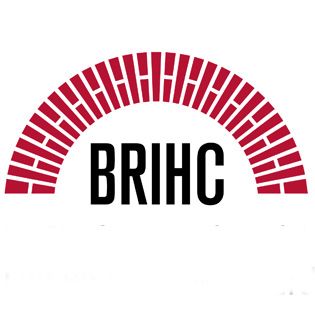Imagined ecologies and the sounds of extinction, 1900-1949
- Dates
- Wednesday 19 October 2022 (14:00-15:30)

Alexandra Hui, Mississippi State University, with commentary from David Gange, Birmingham
Sound and listening were centrally important to the development of modern conceptions of the environment and environmentalism. Tracing the sounds and listening to them in individuals’ understanding of nature prompts us to consider the shifting, culturally-bound, mechanisms through which we have sensed and perceived and acted upon the world.
Building on Benedict Anderson’s “imagined community,” Alexandra Hui will explore the role played by listening in the development of what she terms, “imagined ecologies,” the moment in which individuals or communities recognize they are part of a multi-species ecological commons. In this talk Hui will focus on two cases that help understand the interrelated development of imagined ecologies, auditory memory, and technology: American radio producers’ use of both artificial and wild-recorded sounds of nature to promote principles of environmental conservation and a 1949 radio broadcast of the New Zealand Huia bird’s call. By focusing on actual sounds and listening practices, and comparing them across national contexts, Hui offers a new approach to past human relationships with nature.
Alexandra Hui is an American historian of science specializing in the history and psychophysics of sound, and especially in sound studies in nineteenth- and twentieth-century Germany. She is an Associate Professor of History at Mississippi State University, and co-editor-in-chief of Isis.
This event has been organized by the Birmingham Research Institute for History and Cultures (BRIHC).